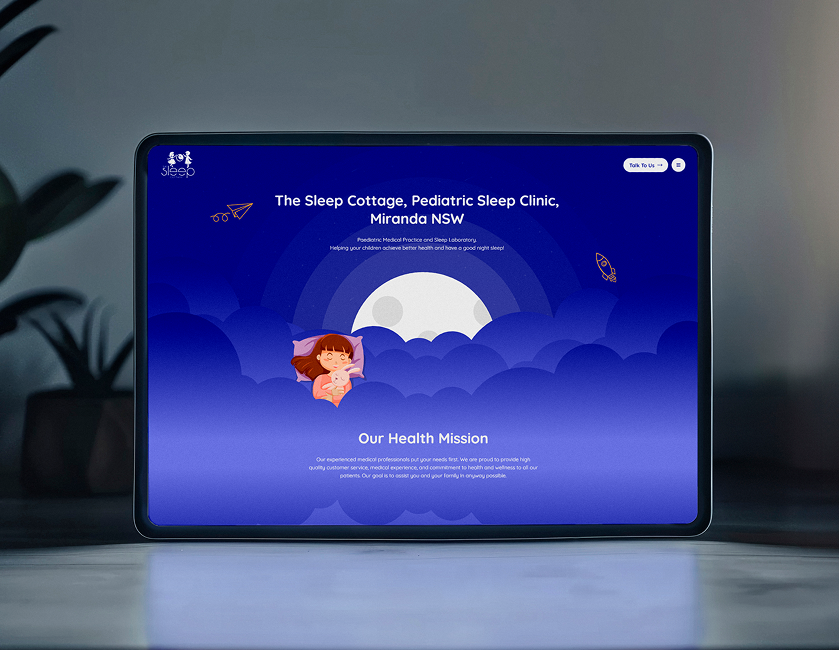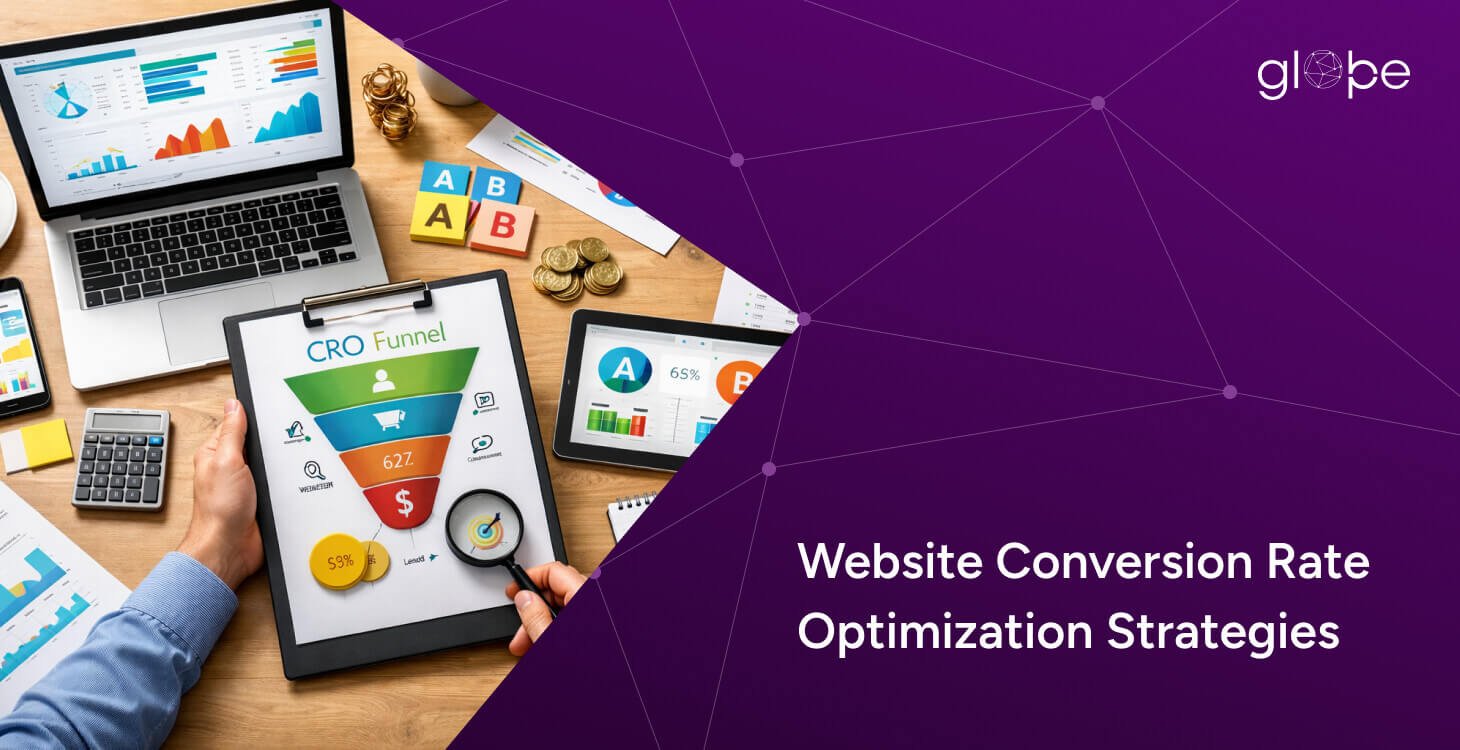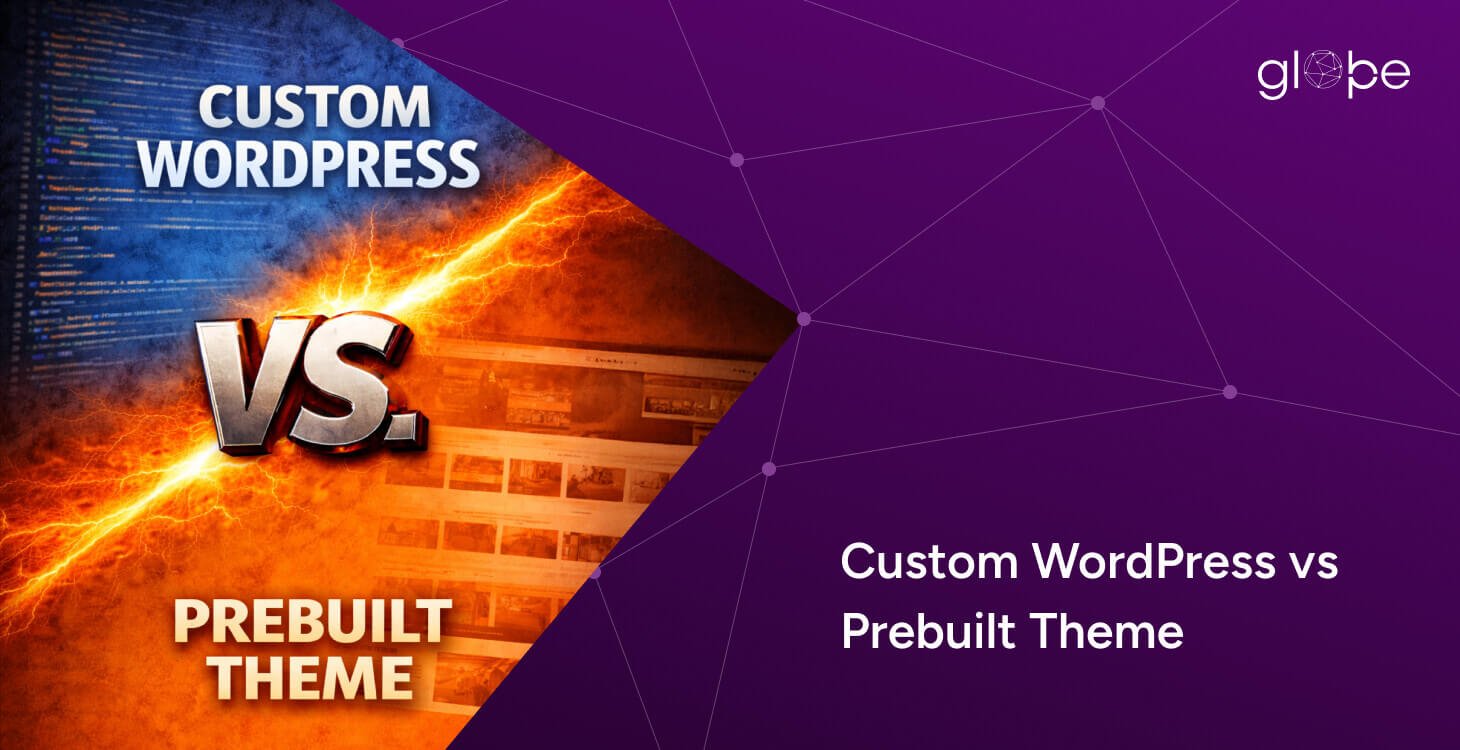
Choosing the right platform to build your website is one of the most important decisions for your business or personal brand. Whether you’re a small business owner, a blogger, an eCommerce brand, or a startup founder, your website is often the first impression you make on potential customers. Two of the most popular options available today are Wix and WordPress, each offering distinct features and benefits to suit different needs.
Wix is an all-in-one website builder known for its simplicity, drag-and-drop functionality, and ready-made templates. It allows users to create professional websites quickly without needing technical skills. On the other hand, WordPress.org is the world’s leading open-source content management system (CMS), offering unmatched flexibility, scalability, and customization options, but requiring a bit more technical knowledge.
So, which platform is better for your business or project?
In this comprehensive guide, we’ll explore the key differences between Wix and WordPress, from design capabilities and ease of use to SEO features and eCommerce potential. By the end, you’ll have a clearer understanding of which solution fits your website goals and business needs.
What is Wix?
Wix is a popular all-in-one website builder designed to help anyone create a professional website—no coding or design skills required. Launched in 2006, Wix has grown to power millions of websites worldwide and is especially favored by small business owners, freelancers, creatives, and startups who want to get online quickly and easily.
Wix offers a drag-and-drop editor that lets you build and customize pages visually, just by moving elements around the screen. It comes with 800+ designer-made templates tailored for various industries, including business, photography, online stores, restaurants, and more. Users can personalize colors, fonts, images, and layouts without writing a single line of code.
Some of the key features of Wix include:
- Wix ADI (Artificial Design Intelligence): Automatically creates a customized website based on your answers to a few simple questions.
- Wix App Market: Access to hundreds of apps and widgets to enhance your site’s functionality, from appointment booking to live chat.
- Built-in eCommerce tools: Launch an online store with product listings, payments, shipping, and inventory management.
- SEO Wiz: A step-by-step SEO guide to help optimize your website for search engines.
- Reliable hosting and security: Wix hosts your website and handles updates and security automatically, giving you peace of mind.
Wix is best suited for:
- Entrepreneurs and small businesses seeking a quick, professional web presence
- Creatives (designers, photographers, artists) wanting beautiful portfolio sites
- Bloggers and online store owners who prefer ease of use over deep customization
In short, Wix makes website building fast, simple, and accessible, especially for users with little to no technical background.
What is WordPress?
WordPress.org is the world’s most popular open-source content management system (CMS), powering over 40% of all websites globally. Unlike website builders like Wix, WordPress offers unmatched flexibility, scalability, and control, making it the go-to choice for small business owners, bloggers, eCommerce brands, and startups looking to build a truly customized online presence.
WordPress is designed for those who want complete ownership and control over their website. You can choose your hosting provider, fully customize your website with themes and plugins, and even modify the core code if needed. With over 60,000 free plugins and thousands of themes, WordPress allows you to create anything—from simple blogs to complex eCommerce stores and membership platforms.
Key features of WordPress include:
- Full design flexibility: Customize every element of your site with themes, page builders, and custom CSS.
- Extensive plugin ecosystem: Add functionality for SEO, security, performance, forms, eCommerce, and more.
- Scalability: Whether you’re building a small blog or a large online store, WordPress can grow with your business.
- Strong SEO capabilities: Plugins like Yoast SEO and All in One SEO help optimize your site for maximum visibility on search engines.
- Open-source freedom: You’re not locked into a single provider or platform.
At Glopbe, we specialize in providing WordPress development services tailored to your business needs. Whether you need a stunning corporate site, a robust eCommerce store, or a highly customized web application, our expert team can help you harness the full potential of WordPress.
WordPress is ideal for:
- Businesses and startups that want long-term growth and full site ownership
- Bloggers and content creators seeking powerful publishing tools
- eCommerce brands need scalable and customizable online stores
In summary, WordPress is perfect for those who want full creative and functional control of their website and are willing to invest a little more time (or partner with experts like Glopbe) to achieve the best possible results.
Wix vs WordPress: Key Differences
Both Wix and WordPress offer powerful website-building capabilities, but they cater to very different types of users. Here’s a side-by-side comparison to help you decide which platform best fits your goals.
Detailed Comparison of Wix and WordPress
| Wix | WordPress | |
| Ease of Use | Wix shines for beginners. Its drag-and-drop interface lets you visually design pages by simply moving elements around. No coding knowledge is needed, making it perfect for small business owners and startups that want to launch quickly. | WordPress offers more power but has a steeper learning curve. You’ll need to be comfortable with navigating dashboards, plugins, and themes. However, modern page builders like Elementor and Gutenberg have made WordPress much easier to use than it used to be. |
| Design Flexibility | Wix provides 800+ professionally designed templates across industries like retail, restaurants, health, and consulting. The downside? Once you choose a template, you cannot switch without starting over. | WordPress offers thousands of free and premium themes. The possibilities for customization are virtually unlimited. You can change your design anytime and even build entirely from scratch using custom code or page builders. |
| Customization and Plugins | Wix has an integrated App Market with over 300 apps to add extra functionality like forms, chat, events, and booking. However, it’s limited compared to WordPress. | WordPress has the largest ecosystem of plugins in the world (60,000+ free plugins). Whether you want to add SEO tools, payment gateways, CRM integrations, or create a learning management system, there’s likely a plugin for it. |
| eCommerce Capabilities | Wix includes eCommerce in some of its plans. It works well for small stores and local businesses. You can sell physical and digital products, manage inventory, and accept online payments. | WordPress + WooCommerce is the industry leader for eCommerce. It powers around 28% of all online stores globally. You get full control over product listings, variations, payment options, tax rates, shipping, and customer accounts. |
| SEO and Marketing Tools | Wix includes basic SEO tools like custom meta tags, URL slugs, alt text for images, and Google integration via Wix SEO Wiz. | WordPress wins for SEO. With advanced plugins like Yoast SEO, Rank Math, and All in One SEO, you can control every aspect of on-page SEO, schema markup, redirects, XML sitemaps, and more. If SEO is your top priority, WordPress has a clear edge. |
| Pricing and Cost | Wix offers fixed pricing, which is easier for budgeting. Plans start at approximately $16/month, including hosting, SSL, security, and support. | WordPress itself is free, but you will need to pay for hosting, premium themes, plugins, and possibly developer help. You get more control over your site and costs, but expenses can vary widely based on your choices. |
| Hosting and Security | Wix is fully hosted, meaning Wix handles updates, security patches, and performance optimization for you. | With WordPress, you manage your own hosting (although many managed WordPress hosting providers like SiteGround or WP Engine offer security and performance services). You have more control, but also more responsibility. |
| Scalability and Growth | Wix is best for small-to-medium websites that don’t expect explosive traffic growth or complex custom features. | WordPress can scale from simple blogs to enterprise-level websites with millions of monthly visitors. Many major brands and publishers use WordPress because of its scalability. |
| Support and Community | Wix provides 24/7 dedicated customer support via phone, email, and chat. | WordPress has no official support team, but it has the largest web development community globally. You can get help through forums, blogs, YouTube tutorials, and by working with professional agencies like Glopbe’s WordPress development service. |
Pros and Cons of Wix
Like any platform, Wix has strengths and weaknesses. It’s important to weigh both before deciding if it’s the right choice for your website project.
Pros of Wix
- Very beginner-friendly: Wix’s intuitive drag-and-drop editor allows users to build stunning websites without any coding knowledge. It’s perfect for startups, small businesses, and individuals looking to get online fast.
- All-in-one solution: Wix provides everything under one roof—website design, domain registration, hosting, and customer support. This convenience makes it a great choice for those who want simplicity.
- Large template library: With over 800+ professionally designed templates, Wix caters to a wide range of industries, from online stores to personal portfolios.
- Simple eCommerce setup: Wix Stores allows users to easily set up an online shop with product pages, shopping carts, and payment processing.
- Automatic security and backups: Wix manages website security and data backups for you, reducing maintenance and technical worries.
Cons of Wix
- Limited design flexibility: While templates are beautiful, they come with restrictions. Deep customization beyond the drag-and-drop features can be difficult.
- Limited customization for advanced features: Developers may find Wix’s closed ecosystem limiting when trying to add complex functionality.
- Template lock-in: Once you choose a template and start building, you cannot switch to a different one without recreating your site.
- Less SEO control: Wix has made improvements in SEO, but it still lags behind WordPress in offering complete SEO customization and advanced technical SEO features.
- Potentially expensive with add-ons: Many additional apps and advanced features require extra fees, which can increase the overall cost of maintaining your site.
Pros and Cons of WordPress
WordPress is the world’s most widely used website platform for good reason. However, it’s not a one-size-fits-all solution. Here’s a closer look at the pros and cons to help you decide if WordPress is right for your project.
Pros of WordPress
- Open-source and free to use: The WordPress software itself is completely free. You have full ownership of your website, with no ongoing platform fees.
- Total control over site design and functionality: WordPress provides unmatched flexibility. You can customize every element of your site, from design and layout to features and performance.
- Thousands of themes and plugins: Choose from thousands of free and premium themes and over 60,000 plugins to extend your site’s functionality—from SEO tools and security to booking systems and eCommerce.
- Scalable for any size project: WordPress is powerful enough to support everything from small blogs to high-traffic corporate websites and global eCommerce stores.
- Strong SEO capabilities: WordPress is SEO-friendly out of the box and becomes even more powerful with plugins like Yoast SEO or Rank Math, giving you total control over on-page SEO, metadata, schema markup, and more.
Cons of WordPress
- Steeper learning curve: Unlike Wix, WordPress has a more complex setup process and backend. Beginners may need time to understand themes, plugins, and website structure.
- Requires separate hosting and domain setup: You must arrange your own hosting and domain name, which adds an extra step to the website creation process.
- Responsible for updates, backups, and security: As the site owner, you’re in charge of maintaining your site, including WordPress core updates, theme/plugin updates, security monitoring, and backups.
- Costs can vary: While the platform itself is free, expenses can add up quickly if you use premium themes, paid plugins, or hire developers for customizations. However, many businesses find the control and scalability well worth the investment.
Which One Should You Choose?
Deciding between Wix and WordPress ultimately comes down to your goals, technical comfort level, and long-term vision for your website. Both platforms offer unique advantages, but one may be better suited to your needs than the other.
Wix is best for you if:
- You want a quick, hassle-free website setup: Wix allows you to build and launch a website in just a few hours without needing coding skills.
- You have minimal technical skills: Its intuitive drag-and-drop builder and guided setup make it accessible even for beginners.
- You need an all-in-one platform with support: Wix handles hosting, security, updates, and offers 24/7 customer support, so you can focus on running your business or blog.
WordPress is best for you if:
- You want full control over your website: WordPress gives you total freedom to design, build, and customize every part of your site.
- You plan to scale your site with advanced features: Whether you’re launching a global eCommerce store, a large blog, or a business portal, WordPress can grow with your needs.
- You’re comfortable learning a more complex system or have developer help: While WordPress has a learning curve, the flexibility it offers is unmatched. Partnering with a professional WordPress development service, like ours at Glopbe, can help you unlock the full potential of WordPress without the technical challenges.
Pro Tip: If you’re launching a simple website and want to get online fast, Wix might be the better choice. However, if long-term growth, customization, and control are important to you, WordPress is the clear winner.
Conclusion
Both Wix and WordPress are excellent website-building platforms, but they cater to very different user needs.
If you’re looking for an easy, all-in-one solution with minimal setup and ongoing maintenance, Wix is a fantastic choice. It’s perfect for small businesses, bloggers, and creatives who want to get online quickly and easily.
If you value flexibility, scalability, and full control over every aspect of your website, WordPress remains the undisputed leader. From small blogs to complex enterprise sites, WordPress can grow and evolve with your business.
Before making your choice, we recommend carefully assessing:
- Your technical skill level
- Your long-term website goals
- The level of customization and functionality you’ll need
- Your budget for design, development, and maintenance
If you decide that WordPress is the right fit for your business, our expert team at Glopbe’s WordPress development service is here to help you build a website that truly stands out.




